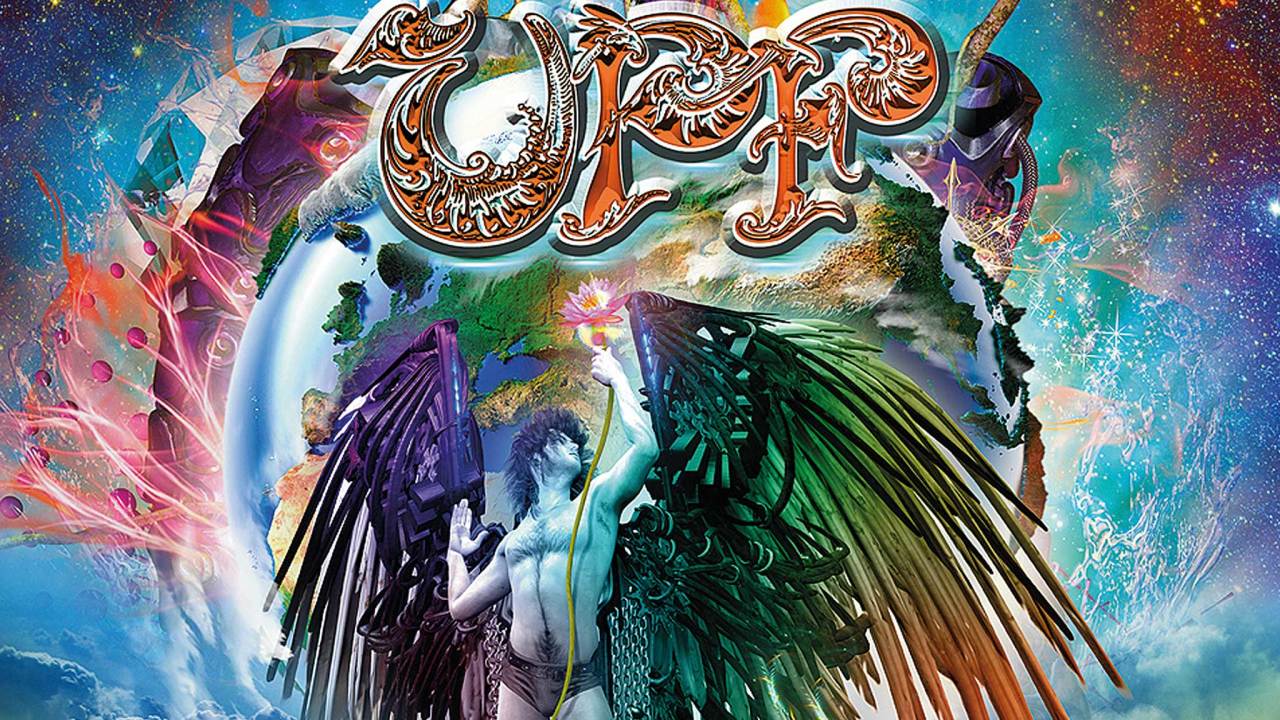A camel, as we know, is just a horse designed by committee.
So perhaps it’s just as well that for all their claims of equal creative input, few bands are genuine democracies. In fact, many are little short of a dictatorship. It was always thus, and most bands are all the better for it. So when you hear former Unitopia frontman Mark Trueack announce his vision for this new project as “a band for the people” with a revolving door of collaborators “who each have a chance to contribute”, you take it with a pinch of salt.
And sure enough, as good as it is, UPF’s debut sounds less like a platform for instrumentalists to express themselves than a project with a strong musical and conceptual focus. Such robust songwriting is evident in the powerfully melodic opening salvoes of Choices and Intersection, blessed with irresistible, Asia-esque AOR choruses, despite a couple of mid-track diversions into jazz-fusion territory.
There are said to be cameos here from such luminaries as Steve Hackett and Jon Anderson, and while it’s difficult to detect the former Genesis man’s guitar chops in the mix, Jon Anderson’s upper register is more noticeable as the backing vocals on new single The Water. It’s an instant winner, starting out laced with Eastern hookah smoke and minor chords, then bursting into a punchy, arena-straddling chorus.
If this album has a weakness, it’s that the tunes are more striking and memorable than the lyrical concepts and philosophy accompanying them. The keynote track, Choices, offers the following scenario: “Each star is a mirror reflecting the truth, each word has a life and a purpose within, it shines like a beacon, a power to strengthen or weaken. The answers elude us, we search for a way. The choices we make, the questions we ask… What if it never happened?” It all sounds suitably profound, but we never quite find out what ‘it’ is.
Thankfully, the music more than makes up for any lyrical shortcomings. Travelling Man’s 21-minute mystic journey is built around stirring flashes of Kashmir-style ethno-rock, regularly offset by touches of classical violin, pastoral folk passages, new age chants and soaring soft rock anthemics. This is the track that really asks the listener to lose themself, but the skilful echoes of other melodic motifs from elsewhere on the album keep it rooted within the wider piece.
All told, UPF’s debut isn’t a huge departure from Unitopia, but it suggests those involved have been re-energised by a newfound creative freedom – whoever is in charge.

